Summary
- Path of Exile 2 differentiates itself from the original, embracing a new ARPG loop.
- The game’s difficulty, boss fights, and no-cooldown dodge rolls showcase its Soulslike inspiration.
- Dying in Path of Exile 2 results in lost loot, respawning enemies, and the need to utilize Waystones strategically.
It may seem strange to longtime Path of Exile players that the sequel plays quite differently compared to the original, but as a standalone game, Path of Exile 2 tries to reinvent the loop and become its own ARPG. Path of Exile 2‘s player numbers on Steam are a clear sign that GGG is doing things right, even in the face of backlash about nerfs and lack of free respecs or discussions about the game’s difficulty. Still, the difficulty increase from the original, combined with a focus on no-cooldown dodge rolls and many boss fights in Path of Exile 2 are all proof that the ARPG is not afraid to show its Soulslike inspiration – however, another mechanic further cements this.
Even before it came out in early access, Path of Exile 2 was described as quite difficult, with its own developers dying against bosses in previews and showcases. Difficulty is often associated with Soulslike games due to their punishing nature, and some of Path of Exile 2‘s boss fights exemplify this concept with small arenas, hard-to-dodge attacks, multiple phases, and more. What drives home the Soulslike aspect of Path of Exile 2, though, is how it deals with loot and enemies upon death.
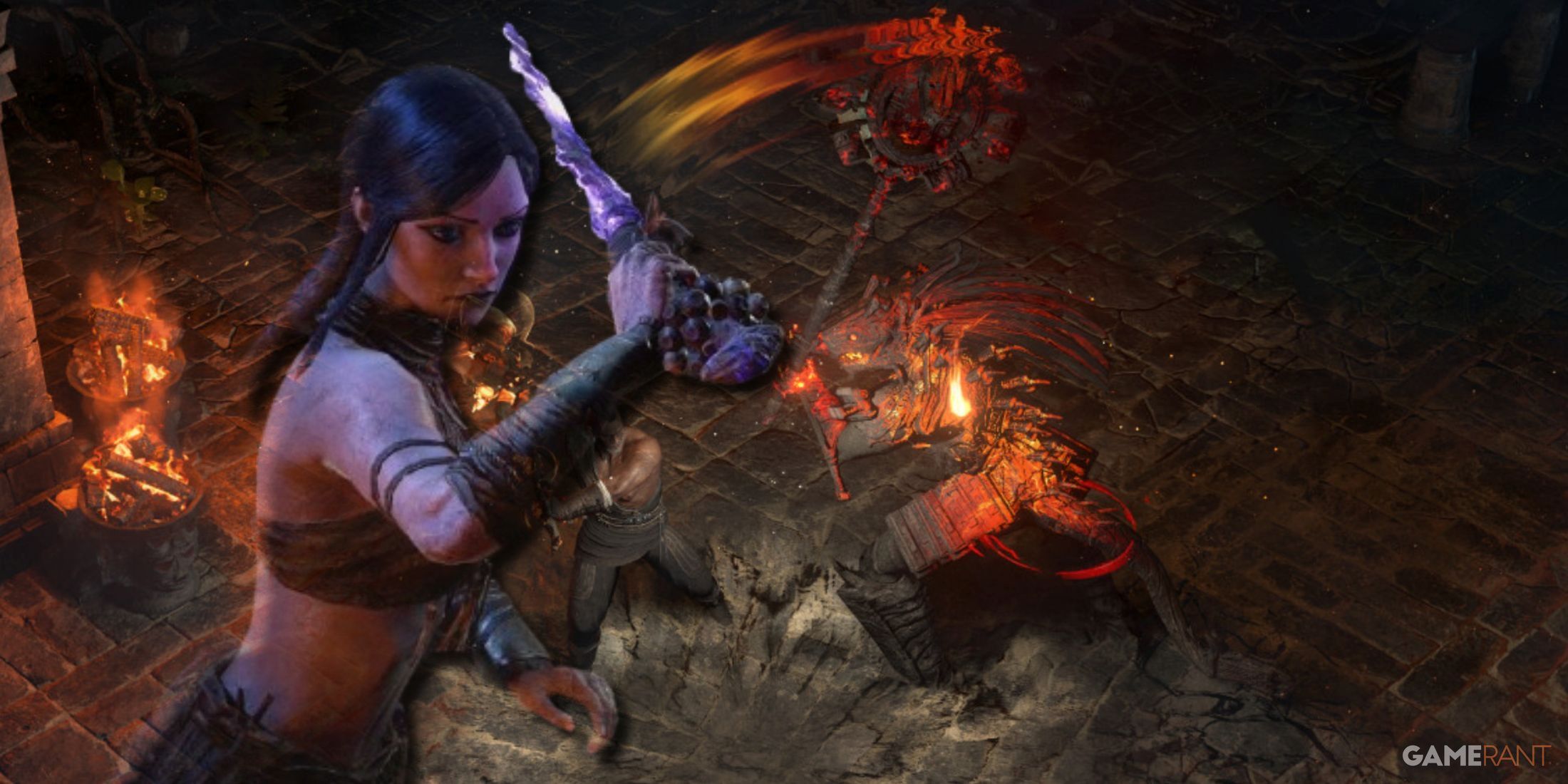
Related
Path of Exile 2 Walks a Huge Class Feature Back From PoE
Path of Exile 2 marks big departures from the original, with one change regarding Ascendancy classes being a head-scratcher.
Path of Exile 2’s Soulslike Death Experience Explained
A recurrent gameplay feature of Soulslike games is that they often make players lose the equivalent of Souls upon death, return them to the last safe place visited, and make every enemy respawn in the overworld. Path of Exile 2 does something similar, as dying in the ARPG means losing out on any potential loot that is already on the ground, which disappears. On top of that, enemies respawn and players are taken back to the last visited checkpoint or Waypoint. This makes Path of Exile 2‘s endgame all the riskier compared to its predecessor, as players have to stay alive in order to get any loot that pops up on the screen.
When in Maps, if characters die in Path of Exile, they respawn in their Hideout and have to consume one more portal to go back into the instance. In Path of Exile 2, dying in a Waystone means losing the node, which is more punishing.
As such, progressing through Path of Exile 2‘s campaign can take quite some time, as players have to navigate multiple bosses and some scary Rare monsters, and the checkpoints or Waypoints are often not found frequently. This means that dying can take players back quite a lot, lose them their on-screen loot that wasn’t picked up, and also make the way back anything but smooth since all enemies reappear.
Path of Exile 2’s Soulslike Approach is a Logical Progression After PoE
The fact that Path of Exile 2 is compared to Soulslikes is not a bad thing, as the game is rightfully carving out its own niche within the action RPG genre. Combining classic Soulslike elements with ARPG staples makes GGG’s game stand out in a unique way, as it is arguably more difficult than Path of Exile, but not in a way that makes it too frustrating or punishing – at least in the campaign.
One of the most recognizable Soulslike aspects in PoE 2 is that players are encouraged to dodge roll to avoid boss attacks and learn their patterns.
In the endgame, Path of Exile 2‘s Atlas is where players will spend the most time, and dying in Waystones can be quite problematic because not only players can’t go back into the instance, but they also get an experience penalty. This isn’t something entirely new, as Path of Exile infamously has a 10% experience loss on death in Merciless difficulty and the endgame, which often is more than a single Map’s worth of XP at high levels. As such, Path of Exile 2‘s Soulslike approach to death is a logical progression after the first game.
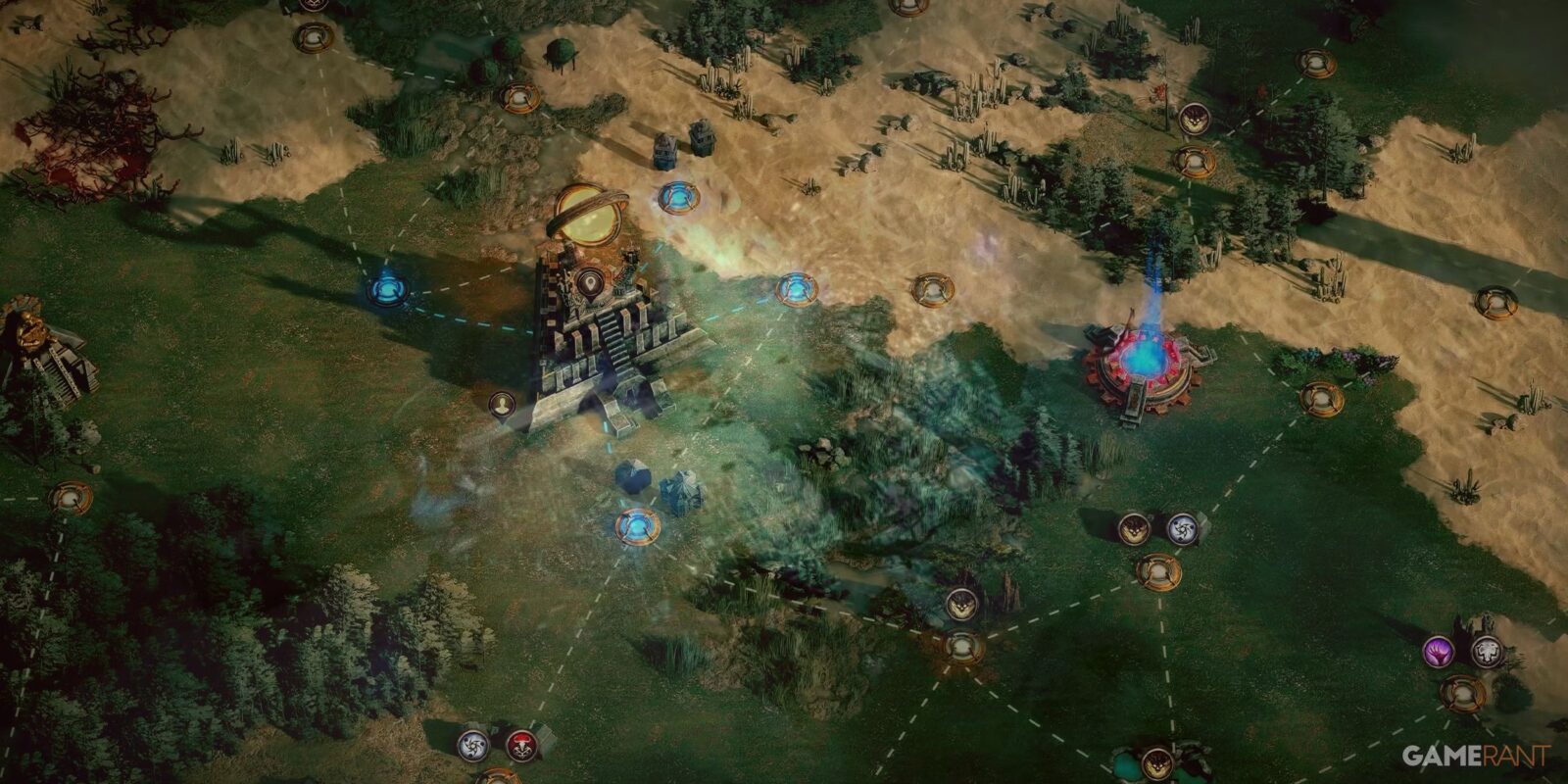

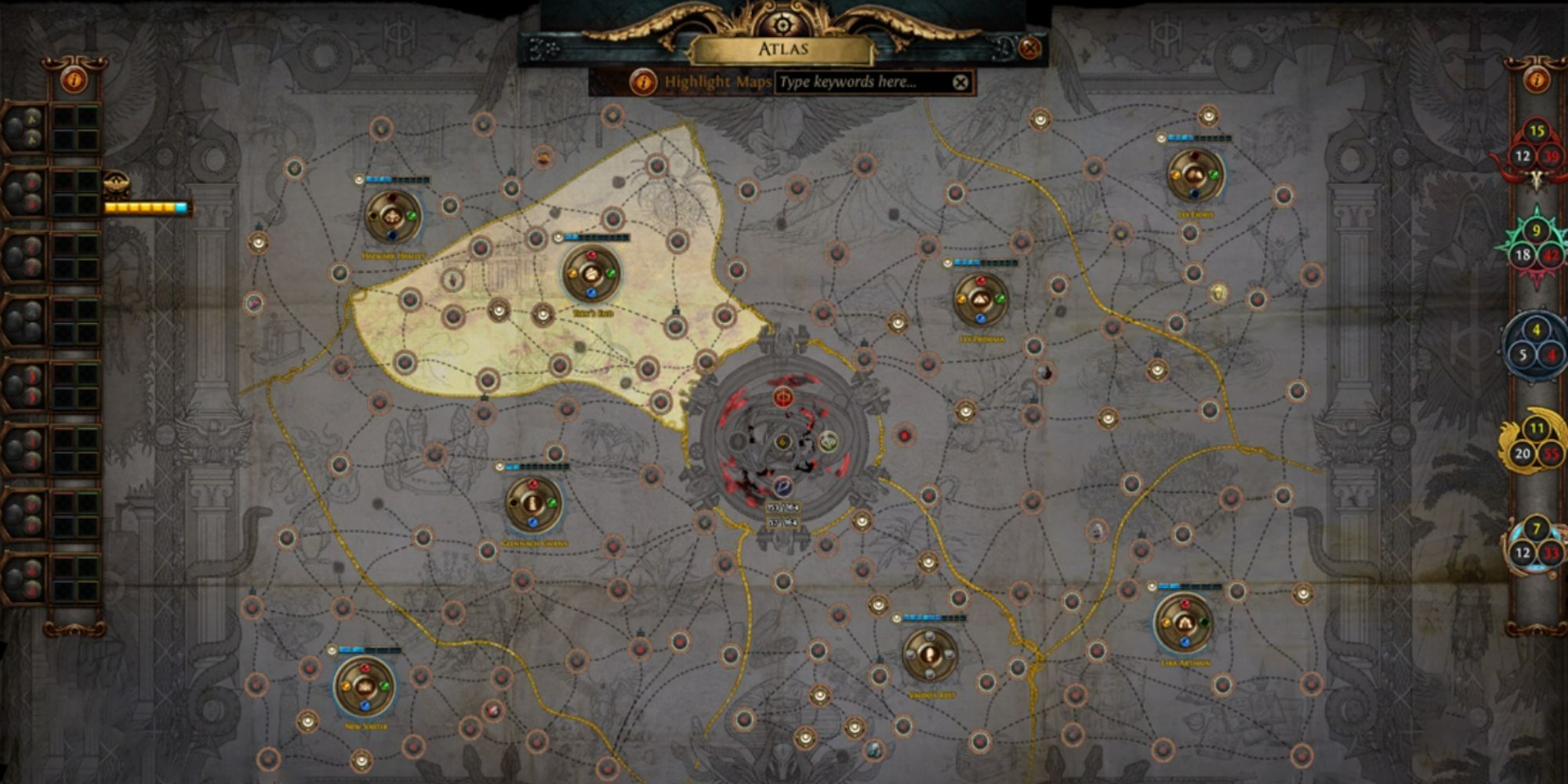
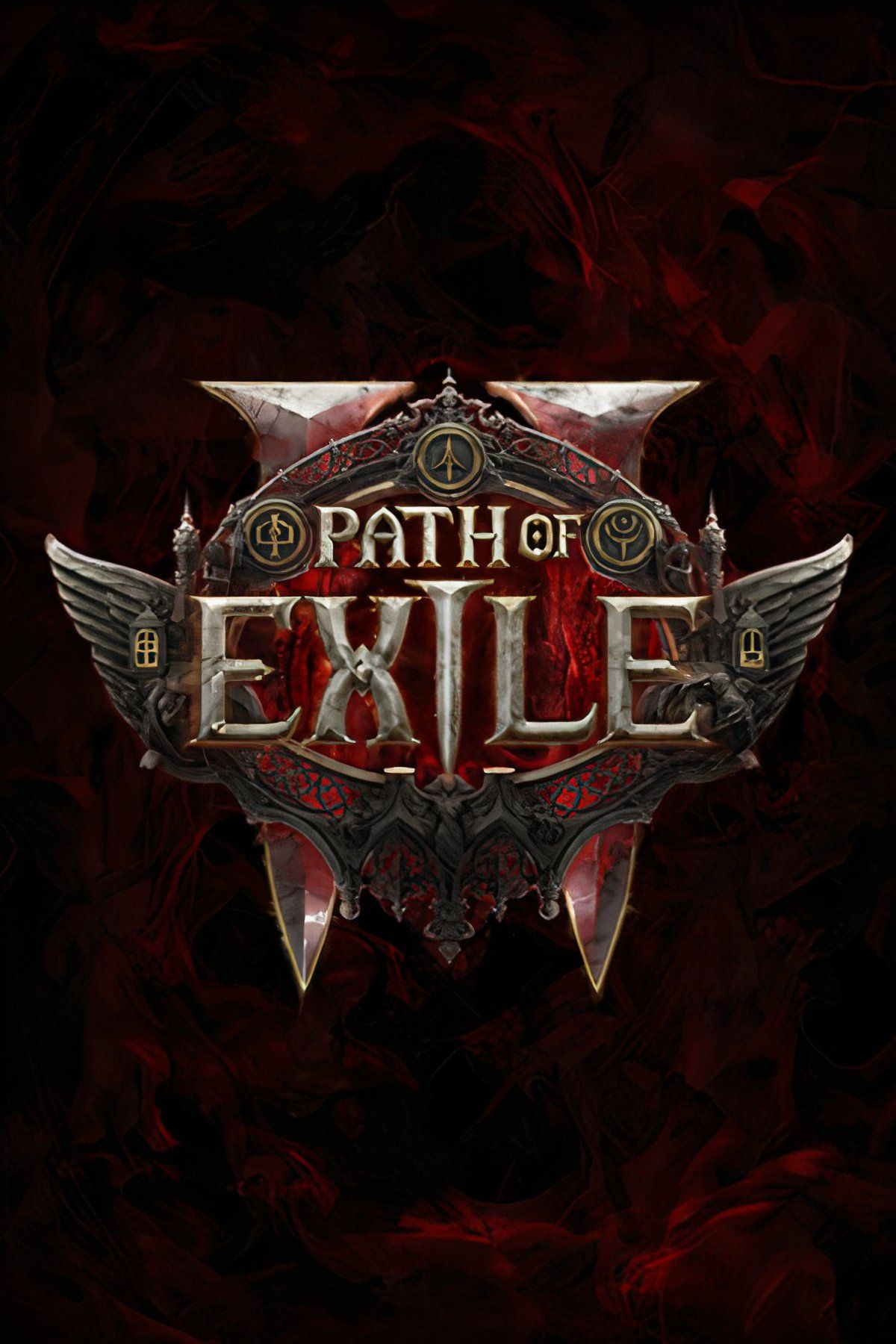







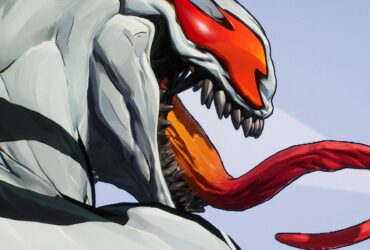


Leave a Reply